The Rappahannock, a Native American tribe in Virginia was recently given back 465 acres of sacred land from the US Department of the Interior. The land has always been a place of natural, spiritual and cultural significance and is home to one of the largest nesting populations of Bald Eagles on the East Coast. The tribe plans to use the land for conservation and education of native youth.
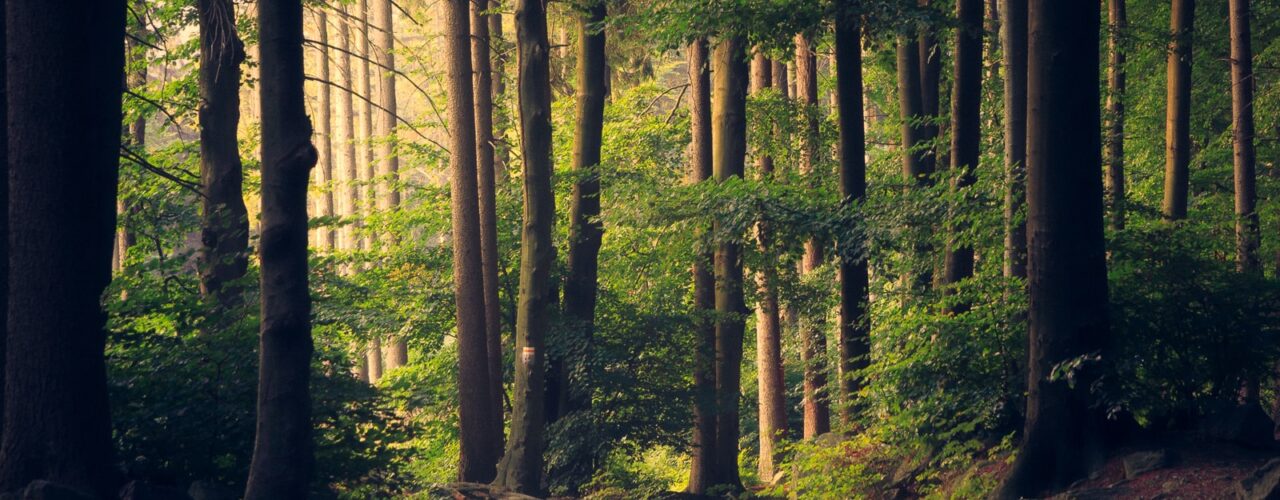
So what?
There is a growing movement of indigenous people to reclaim their land across the United States and other nations in which they were displaced. If the land-back moment continues to gain momentum, what might this mean for settlers? As returning land is decolonization in practice, what resistance might supporters face from entrenched powers? In what ways does indigenous sovereignty contribute to a just and regenerative world for all?
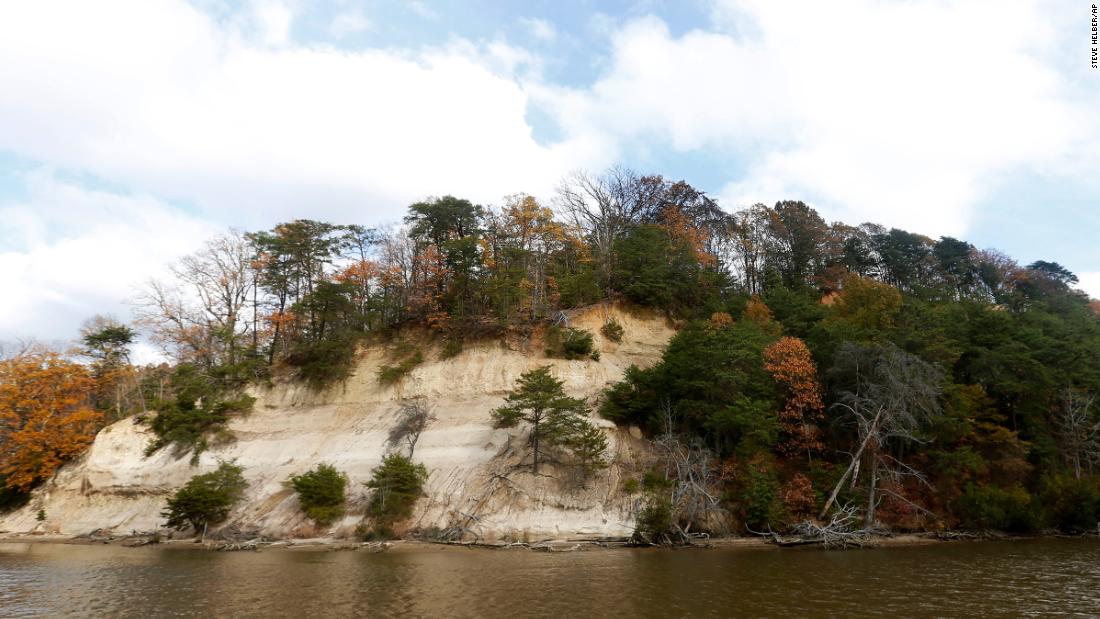

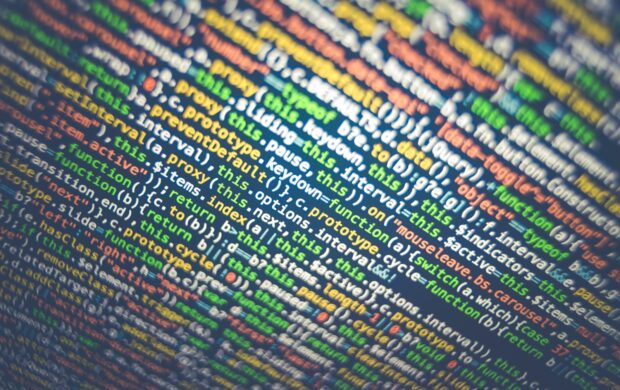
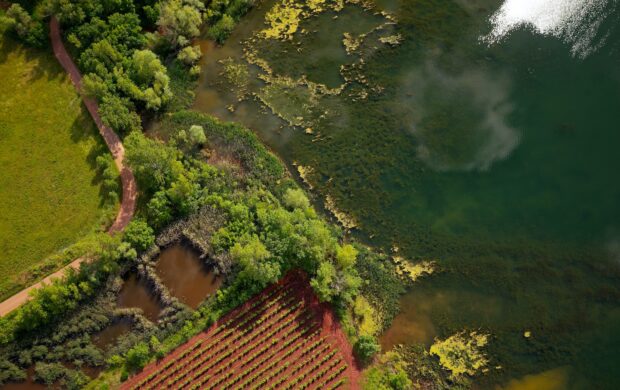

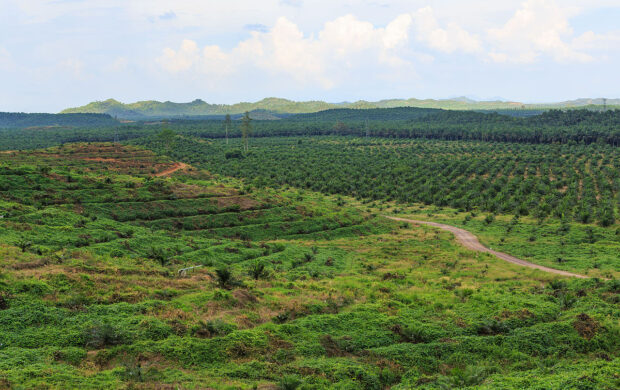
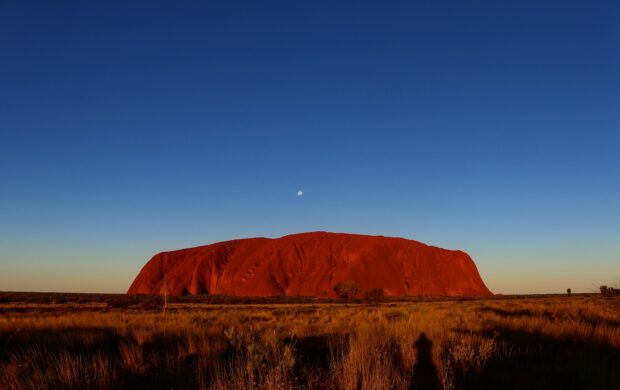

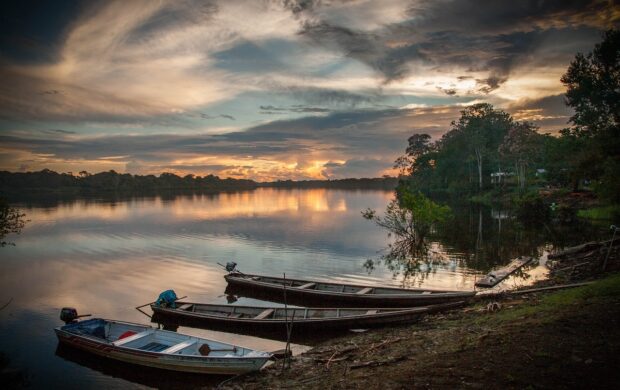

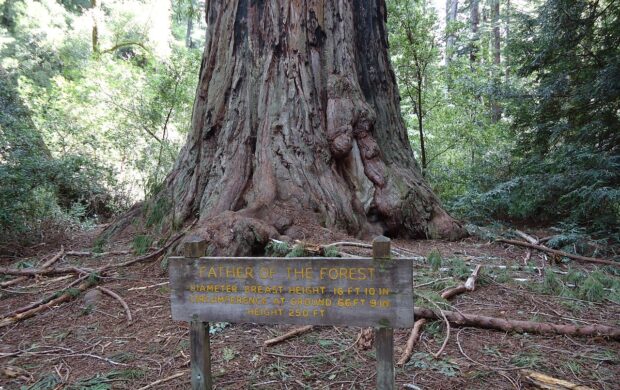
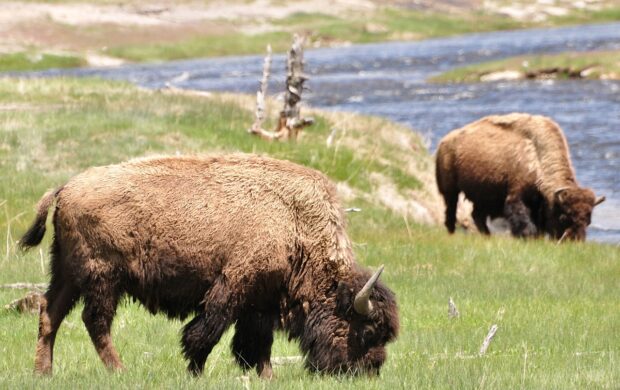



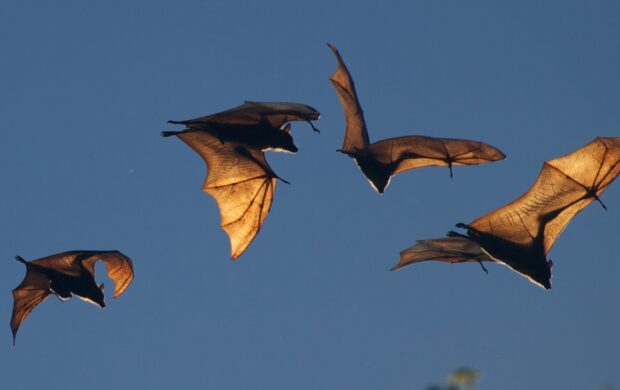

Join discussion